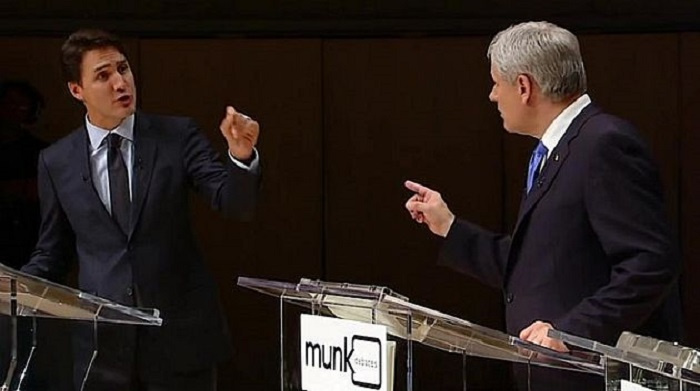Challenges in Iran-Canada Relations

Stephane Dion, Canada’s Foreign Minister, has stated that primary official talks with Iran to re-establish relations with this country have begun. Following the coming to power of the new administration in Canada, Justin Trudeau, the Prime Minister of this country, said that he intends to establish relations with Iran. In February, the government of Canada lifted sanctions against Tehran. But the ruling judge in a Ontario High Court has issued an order that reparations should be paid to the families of victims of terrorist attacks by Hamas and Hezbollah from Iran’s non-diplomatic assets. It is stated in this court that the reparations will be paid from Iran’s bank accounts and non-transferrable assets in Canada.
Such dual behavior in Canada will have negative impacts on the advancement of the objectives of the Canadian administration in normalizing relations with Iran. Although Tehran and Ottawa intend to expand relations and reopen their embassies due to the changes in international approaches, the existing problems in the Canadian government, inherited from the past, have caused the present government to need time for their resolution.
The most important challenge of the present government in Canada is the adoption of anti-terrorism law in the problem which was aimed at confronting with Iran. This law has now become the source of many legal and judicial decisions with regard to Iran. These decisions are made due to the pressures which are exerted by the Zionist lobbies and certain Iranians who are against the Islamic Republic of Iran. These groups will do their utmost to create obstacles for the government. But it seems that this law is to be reviewed in the parliament. One of the objectives of the liberals in the parliamentary elections and establishment of the new government was to resolve internal problems and then normalizing relations with Iran. In the Canadian political system, separation of executive, legislative and judiciary bodies exist and they cannot interfere in each other’s affairs. Thus, the government does not have any leverage to prevent such judicial measures. Nonetheless, the government does not intend to stop its efforts in the re-establishment of relations with Iran. But such judicial orders would damage this process.
On the other hand, as Stephane Dion, Canada’s Foreign Minister, has stated in his interview with CBC News, the government does not have any intention to eliminate Iran’s name from the list of countries which support terrorism. At the present time, the Islamic Republic of Iran is faced with three basic challenges in the international scene: nuclear energy, human rights and terrorism. All of these three issues have always been part of the US strategy to fight against Iran. The Islamic Republic of Iran was able to reach an agreement only on the nuclear issue. Meanwhile, Canada, as a country which is affected by US policies, follows the same policy with regard to Iran in the issues of human rights and terrorism. Of course, these issues do not contradict the expansion of political relations. At the same time, due to Iran’s strategic role in the region and its power of diplomacy, these issues could be discussed and, in proportion with national interests, Canada’s political approach regarding these issues may be reduced.
The other issue in the political system of Canada is the presence of conservatives, Zionist lobbies and forces which are against the Islamic Republic of Iran. Naturally, the policies of the liberals are different from those of the conservatives. But due to the impact of US policies, influence of the Zionist lobbies and presence of Iran’s opposition forces in Canada, the liberals cannot ignore part of the conservative policies with regard to Iran. Of course, there are immigrant Iranians in Canada who will attempt to change this approach. But the shadow of the two mentioned basic elements will continue to exist over the foreign policies of Canada.

